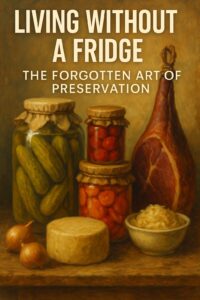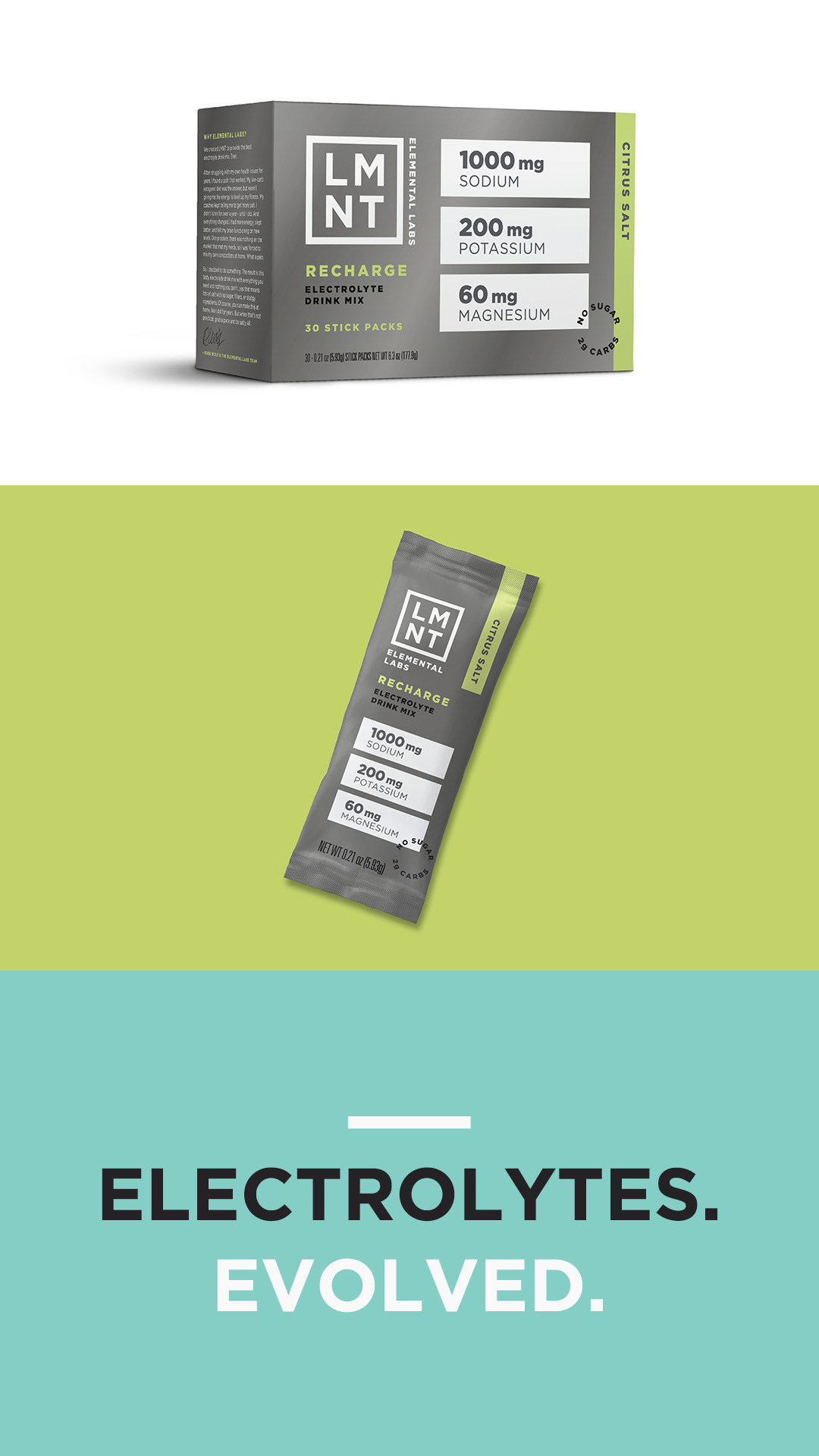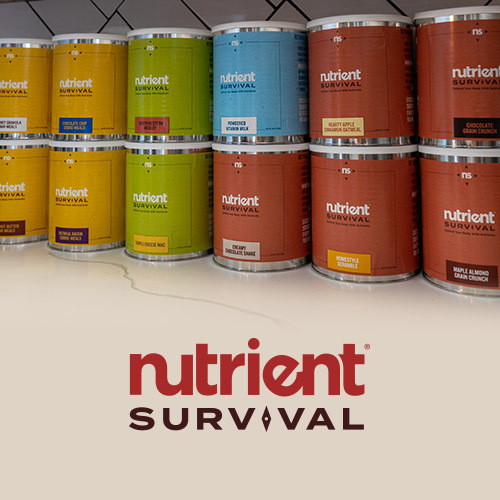Living Without a Fridge: The Forgotten Art of Preservation | Episode 401
Podcast: Play in new window | Download
Subscribe: RSS

Living Without a Fridge: The Forgotten Art of Preservation | Episode 401
Relearning What We Forgot
In a world where almost every meal depends on electricity, the idea of living without a fridge sounds crazy to most people. But for thousands of years, humans kept food safe, nutritious, and edible without a compressor humming in the kitchen. And if you’re serious about preparedness—or just want to cut dependence on the grid—it’s time to relearn the forgotten art of preservation.
In Episode 401, we’re diving into old-school food storage skills that still matter today: curing, canning, fermenting, root cellars, and low-tech hacks that help you stay fed when the power’s out for good.
Curing: Salt, Smoke, and Time
Curing is one of the oldest preservation methods out there. Salt draws moisture out of meat, making it harder for bacteria to grow. Smoking adds flavor and antimicrobial compounds. You don’t need a fancy setup—just a cool, dry spot and some practice.
- Salt curing works great for pork, fish, and even homemade jerky.
- Cold smoking adds flavor and shelf life, especially for hams, sausages, and fish.
- Learn the basics of salting ratios, air drying, and proper storage.
If you’ve got meat and no freezer, curing might save your protein.
Canning: Shelf-Stable and Strong
Canning is the MVP of long-term food preservation. Done right, you can store soups, meats, stews, vegetables, and even full meals—no refrigeration needed.
- Water bath canning is perfect for high-acid foods like tomatoes, fruit, and pickles.
- Pressure canning is a must for meats, beans, and low-acid vegetables.
Build your supply slowly, label everything, and always check seals. A full pantry of home-canned goods beats empty shelves any day.
Fermenting: Let Bacteria Do the Work
Fermentation doesn’t just preserve food—it improves it. It boosts nutrition, adds probiotics, and tastes amazing. Sauerkraut, kimchi, yogurt, sourdough, and even pickles can all be made with just salt, time, and a clean jar.
Fermentation is:
- Simple
- Low-tech
- Self-sustaining
It’s one of the easiest ways to keep food fresh and flavorful without needing a fridge—or a ton of gear.
Root Cellars: Nature’s Refrigerator
A well-built root cellar can keep produce fresh for months with no electricity. It works by using the earth’s stable temperature and humidity.
Ideal for storing:
- Potatoes
- Carrots
- Beets
- Cabbage
- Apples
- Onions
If you’ve got land, dig one. If not, even a basement corner or buried trash can with ventilation can mimic the same effect on a smaller scale.
Off-Grid Hacks and Tips
No fridge? No problem. These low-tech tricks extend food life without modern appliances:
- Zeer pots (clay pot refrigeration using evaporation)
- Cooler in a stream (nature’s cold water cooler)
- Pickling and brining
- Using animal fat to seal cooked meat in jars (confit-style)
- Drying and dehydrating herbs, fruits, and jerky
These techniques buy you time, add options, and reduce dependency on fragile systems.
Final Thoughts
Modern fridges are great—until they’re not. In a blackout, a storm, or a collapse, knowing how to preserve food the old-fashioned way gives you independence, flexibility, and power.
The fridge may die. But your skills don’t have to.
So fire up the water bath, pack that salt, and build a shelf for your jars.
Because when the power goes out, the pantry stays on. And the people who know how to keep food safe without a plug? Those are the ones who eat.
Links
Think this post was worth 20 cents? Consider joiningThe Survivalpunk Army and get access to exclusivecontent and discounts! |
Don’t forget to join in on the road to 1k! Help James Survivalpunk Beat Couch Potato Mike to 1k subscribers on Youtube

Want To help make sure there is a podcast Each and every week? Join us on Patreon
Subscribe to the Survival Punk Survival Podcast. The most electrifying podcast on survival entertainment.
Like this post? Consider signing up for my email list here > Subscribe
Join Our Exciting Facebook Group and get involved Survival Punk Punk’s


















